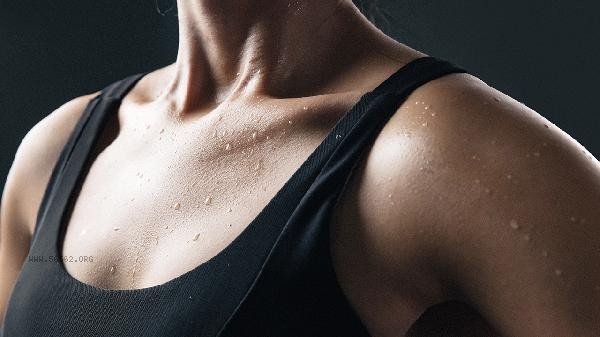Sweating during exercise is neither a direct way to lose weight nor gain weight. The effectiveness of weight loss depends on the intensity of exercise and whether energy expenditure exceeds intake. Sweating during exercise is mainly a body temperature regulation mechanism, and is not necessarily related to fat breakdown. However, regular exercise combined with a calorie deficit can indeed help with weight loss. Sweating during exercise is a physiological response of the human body to maintain normal body temperature. Sweat evaporates to take away heat and prevent excessive body temperature. High intensity exercise may lead to short-term weight loss, but the main reduction is in water rather than fat, and weight will recover after hydration. True weight loss requires sustained moderate to high-intensity exercise, such as jogging, swimming, and other aerobic exercises. These types of exercise can effectively deplete glycogen and fat reserves, and when combined with dietary control, create a calorie deficit.

Some people may experience increased appetite or misjudge sweating as a fat burning effect after exercise, which may result in excessive calories due to compensatory eating. Edema caused by muscle micro injuries after strength training may also cause temporary weight gain, but this is a normal phenomenon during the process of muscle building. Improper selection of exercise types, such as only engaging in low-intensity activities or consuming a high calorie diet after exercise, may indeed lead to weight gain instead of loss.

It is recommended to consider sweating during exercise as a reference for physical activity rather than a weight loss indicator, and to maintain at least 150 minutes of moderate intensity exercise per week, combined with strength training to improve basal metabolic rate. Pay attention to replenishing electrolytes and water before and after exercise, and avoid high sugar drinks to offset consumption. Weight loss requires long-term observation of changes in body fat percentage, and a single sweat volume cannot be used as a criterion for evaluating the effectiveness. If there are special health conditions, an exercise plan should be developed under the guidance of a doctor.







Comments (0)
Leave a Comment
No comments yet
Be the first to share your thoughts!